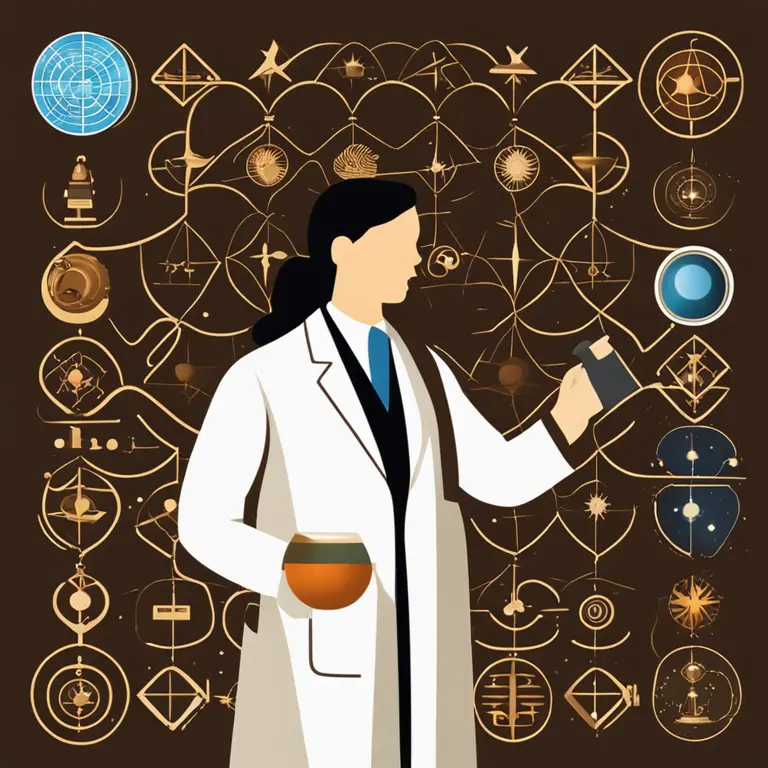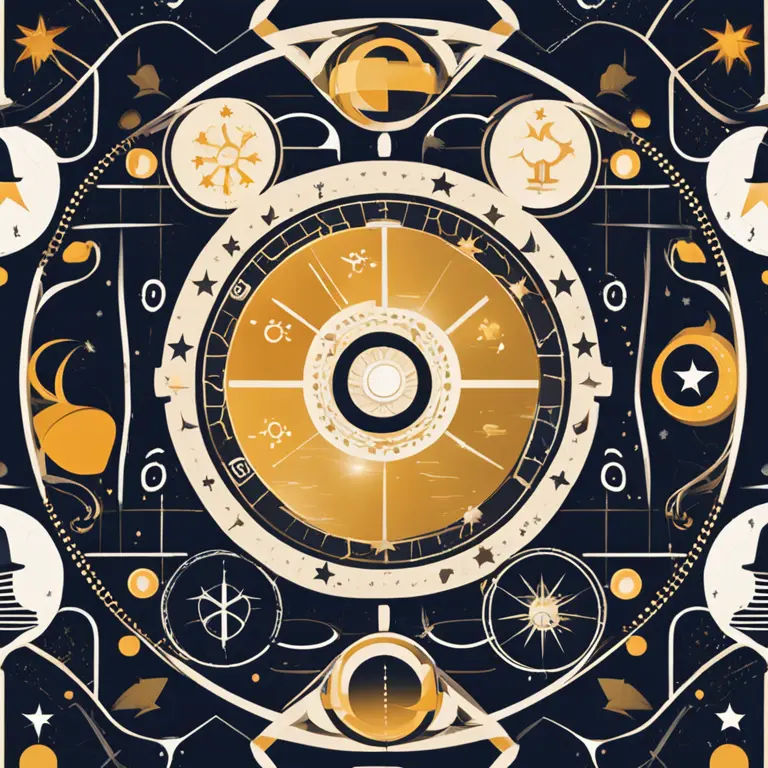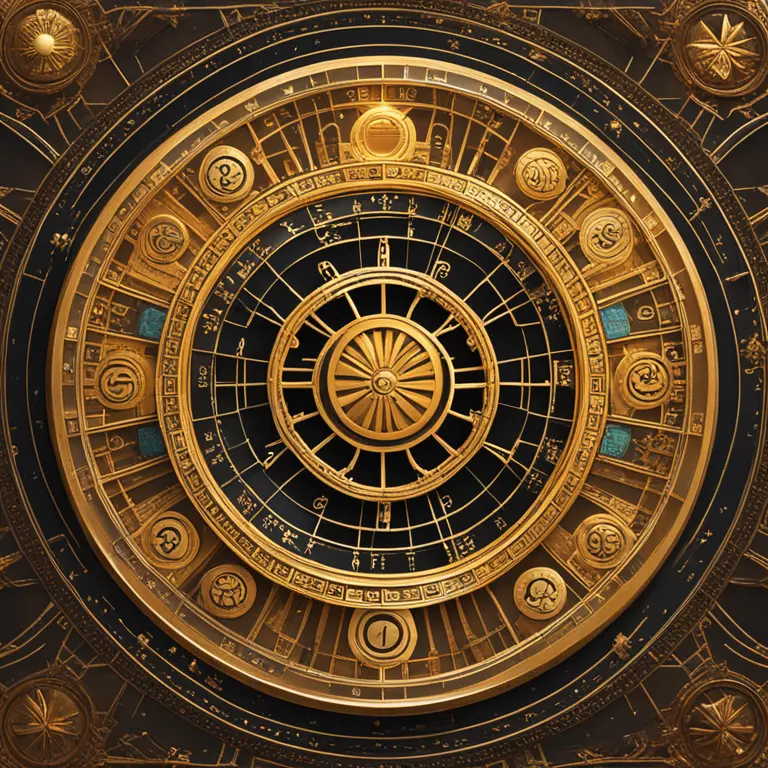
The Accuracy of Astrology Readings: A Modern Perspective
Dive into the world of astrology to understand just how accurate these cosmic readings can be in our modern era.
article by Priya Deshmukh
The Fascination with Astrological Predictions
Astrology, a practice that dates back to ancient civilizations, continues to enchant millions with its promise to offer insights into our lives through celestial observations. With the advent of the internet and digital astrology platforms, astrology's reach has significantly expanded. In this modern context, the critical question about astrological accuracy persists. How reliable are these ancient interpretations when set against our contemporary lives and understanding? This intriguing question merits a deeper look into the realms of astrological tradition and modern scientific scrutiny.

Evaluating Astrology's Core Premises
Astrology posits that the position and movement of stars, planets, and other celestial bodies at our birth times can influence our personalities and destinies. This premise gives rise to horoscopes—astrological charts that map the heavens at specific moments. However, accuracy in astrology is not akin to the precision found in sciences like astronomy or physics. Instead, many regard astrology as a symbolic language, offering archetypal insights rather than testable predictions.

The Scientific Stance on Astrology
From a scientific viewpoint, skepticism around astrological accuracy is widespread. There is no empirical evidence that correlates celestial positions with individual destinies or traits. Critics argue that successful readings can often be attributed to the Forer effect—wherein individuals find personal relevance in vague and general statements. Astrology, thus, remains firmly outside the boundaries of conventional scientific validation but thrives as a form of personal belief or spiritual practice for many.

The Role of Personal Interpretation
The precision of astrological readings is largely dependent on the interpreter's skill. Experienced astrologers consider not just the sun sign—which is often the focus of popular horoscopes—but also the nuanced interplay of the moon sign, rising sign, and the alignment of planets. Such an intricate approach can seem eerily exact to enthusiasts. Nonetheless, even the most skilled readings can be subjective, drawing upon the astrologer's intuition and the recipient's personal context.

Astrology in a Psychological Context
Astrology's accuracy might not withstand empirical scrutiny, but as a psychological tool, its readings can foster introspection and self-understanding. Some individuals use astrology to reflect on their life choices and relationships, which can be therapeutic. In this light, accuracy becomes less about factual correctness and more about meaningful personal resonance.
Technology's Influence on Astrology
In 2024 and beyond, technology continues to transform astrology, from algorithm-based readings to AI-driven horoscope apps. These advances have democratized access to astrology, allowing more nuanced and personalized readings. Still, the accuracy of these technologically-produced analyses will always be subject to the individual's belief in astrology's core principles.
An Ongoing Debate
The question of accuracy in astrology remains contested—a juxtaposition of belief, interpretation, and scientific skepticism. While conclusive evidence endorsing astrology's predictive power is absent, the subject continues to thrive as part of human culture. For many, astrology offers solace, guidance, and a unique perspective on life's intricacies, its accuracy a secondary concern to the value it provides in their lives.
Published: 1/12/2024
Modified: 1/12/2024
More predictions
Come back here soon to learn more about yourself and your future


Do Zodiac Signs Reflect Your True Self?
Discover the connections between zodiac signs and personality traits in this insightful look into astrology's relevance to our lives.


Zodiac Sign Compatibility Handbook
Discover the astrological insights into which zodiac signs harmonize in love, friendship, and life with our Zodiac Sign Compatibility Guide.


Zodiac Sign & Compatibility: A Guide
Discover which zodiac signs are most compatible in love, friendship, and work with our comprehensive astrology guide.